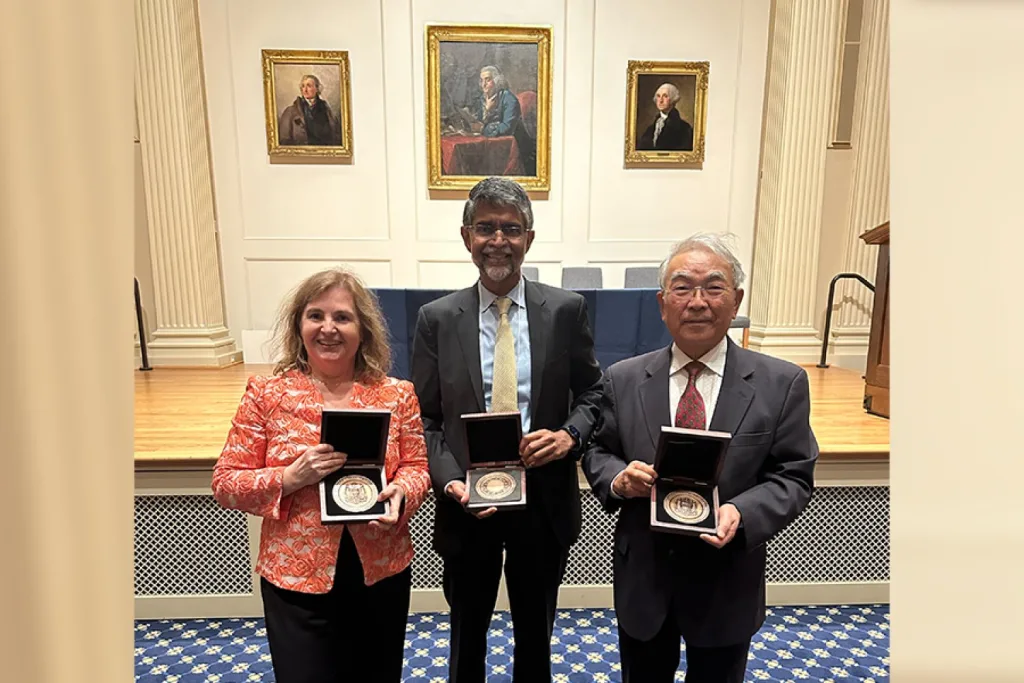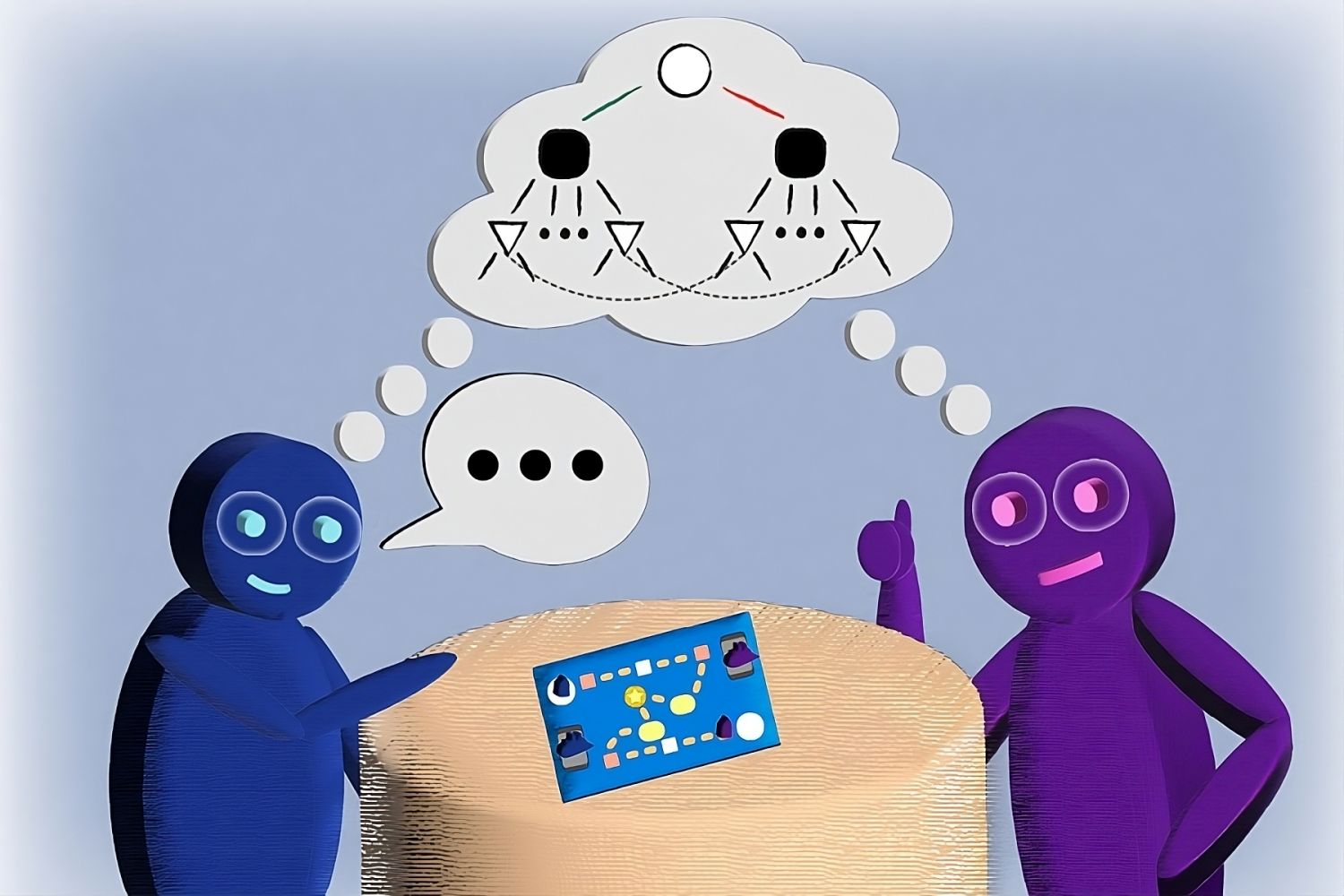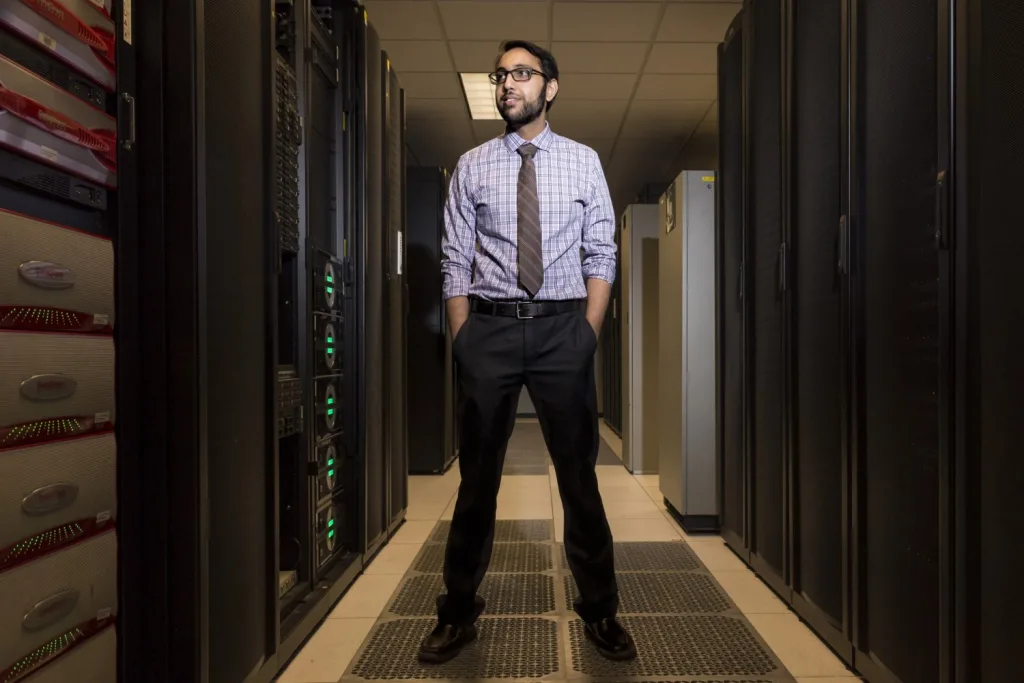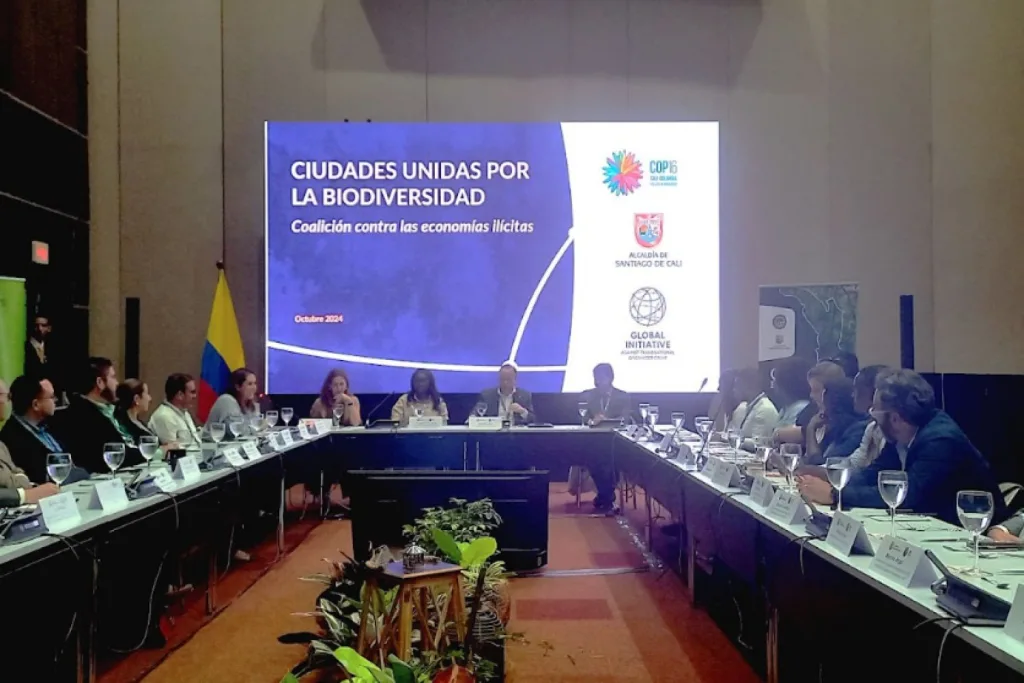Daniela Rus, the esteemed director of MIT’s Computer Science and Artificial Intelligence Laboratory and a professor of electrical engineering and computer science at MIT, has recently been honored as a co-recipient of the 2024 John Scott Award by City Trusts. This distinguished award, steeped in historical reverence, recognizes scientific achievement at the birthplace of American independence—Philadelphia—highlighting the profound relationship between scientific innovation and human advancement.
The John Scott Award, the first-ever science accolade in the United States aimed at celebrating Benjamin Franklin’s profound impact on science, honored Rus along with renowned professors Takeo Kanade from Carnegie Mellon University and Vijay Kumar from the University of Pennsylvania. This recognition is a nod to Rus’s pioneering research in robotics, which has significantly reshaped our perception of this rapidly evolving field.
Rus’s contributions transcend conventional robotics; her emphasis on developing machine intelligence capable of interpreting the physical environment through explainable algorithms represents a groundbreaking vision. Her research is all about designing robots that are not just tools, but collaborative partners—enhancing human abilities, precision, and reach to tackle real-world challenges.
Reflecting on her graduate studies, Rus articulated the notion that the key to intelligent machines rests in the integration of body and brain. “A robot’s potential stems from its physical form and the intelligence steering it. Over the decades, I’ve committed my efforts to advancing both mechanical and cognitive systems in robotics, alongside talented students, collaborators, and friends who share this transformative goal,” she remarked in her acceptance speech.
Her innovative projects showcase this dedication. For example, the MiniSurgeon is a remarkable, tiny, ingestible origami robot designed to extract hazardous button batteries from children. Additionally, her work with soft robotics includes creations like fish and sea turtles, enabling groundbreaking exploration in aquatic environments. Furthermore, her modular robotic boats exhibit the capability to self-assemble into bridges and platforms, a testament to their adaptive intelligence. Recently, she contributed to developing liquid neural networks, inspired by the simple yet effective neural systems of a minuscule worm. By crafting algorithms that function with as few as 19 neurons, Rus has demonstrated how machines can efficiently navigate intricate environments.
When asked about her most significant achievements, Rus highlighted the importance of mentoring students and researchers. “The toughest challenges in AI and robotics demand sustained focus and commitment. A robot must do more than just observe the world; it needs to comprehend it, make choices, and effectively interact with humans and other robots,” she emphasized.
The John Scott Award celebrates not only individual accomplishments but also the intersection of scientific inquiry and compassionate innovation, echoing the accolades of past laureates like Thomas Edison, Nikola Tesla, the Wright brothers, Marie Curie, Guglielmo Marconi, and a total of 20 Nobel Prize winners.
Photo credit & article inspired by: Massachusetts Institute of Technology



